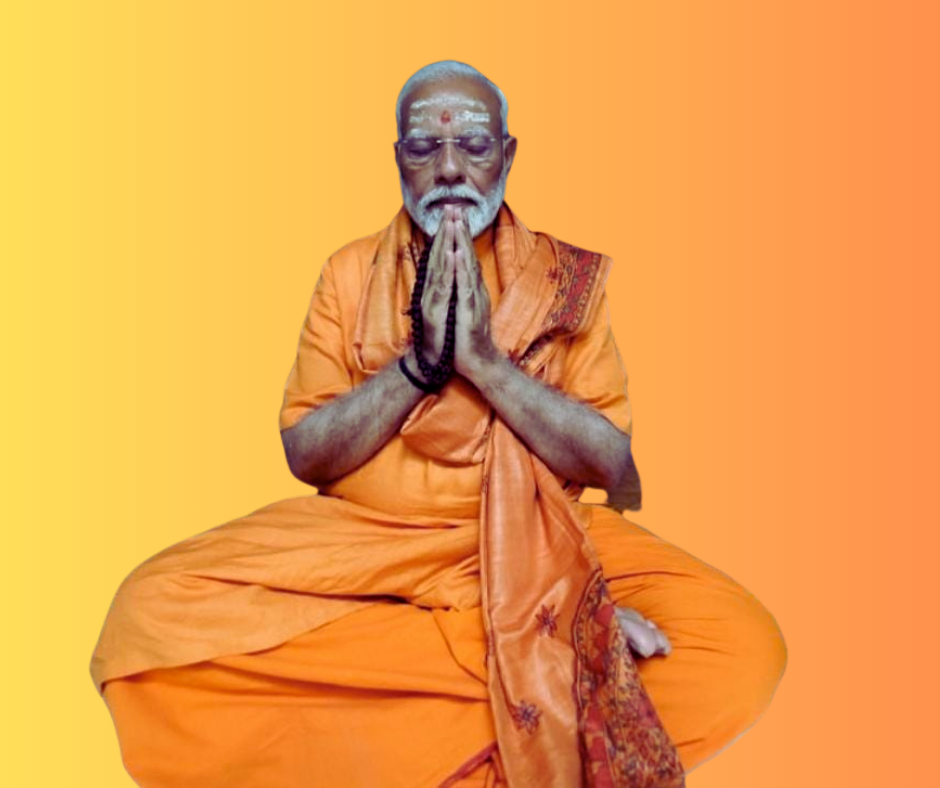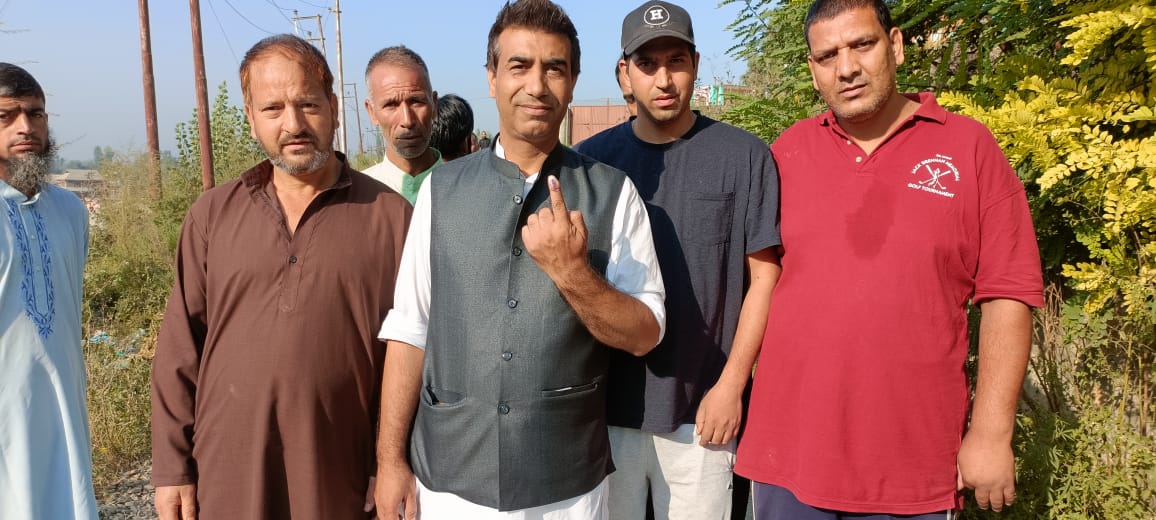New Delhi, India – In a dramatic turn of events, Prime Minister Narendra Modi declared victory for his National Democratic Alliance (NDA) in India’s general election, securing a mandate to move forward with his agenda. However, the election results revealed a significant drop in support for Modi’s Bharatiya Janata Party (BJP), forcing the Prime Minister to rely heavily on coalition partners to maintain a majority.
A Mixed Verdict for Modi
Speaking to a jubilant crowd at his party’s headquarters on Tuesday, Modi proclaimed, “Today’s victory is the victory of the world’s largest democracy.” He praised Indian voters for showing “immense faith” in both his party and the NDA coalition. Official results from India’s Election Commission on Wednesday confirmed that the NDA won 294 seats, surpassing the 272-seat threshold needed for a majority. Yet, this was a marked decline from expectations, signaling a significant shift in voter sentiment.
For the first time since the BJP’s landslide victory in 2014, the party did not secure a majority on its own, winning only 240 seats. This was a steep drop from the record 303 seats it captured in the 2019 election. The results underscore the challenges Modi faces in his third term, particularly regarding his mixed economic record and polarizing political strategies.
Coalition Dynamics
With the BJP falling short of an outright majority, Modi’s continued leadership now depends on the support of coalition partners. Key allies such as the Telugu Desam Party (TDP) in Andhra Pradesh with 16 seats, Janata Dal (United) in Bihar with 12 seats, and several smaller groups will play crucial roles in the stability of the government. This reliance marks a significant blow for the 73-year-old Prime Minister, who had anticipated a landslide victory.
During the campaign, Modi confidently predicted that his party would win 370 seats and his allies another 30, underscoring the unexpected nature of the final results. The necessity of coalition politics will likely influence Modi’s policy decisions and governance style moving forward.
Opposition Gains Ground
The opposition made notable gains in this election, reflecting the electorate’s concerns about jobs and economic performance. The Congress party, BJP’s primary rival, improved its position, winning 99 seats compared to 52 in 2019. Key allies of Congress also performed strongly: the Samajwadi Party won 37 seats in Uttar Pradesh, the All India Trinamool Congress secured 29 seats in West Bengal, and the Dravida Munnetra Kazhagam (DMK) captured 22 seats in Tamil Nadu.
These results indicate a significant pushback against the BJP in several key states, highlighting regional discontent with Modi’s administration.
Economic Implications
The Times of India, in a poignant editorial, remarked, “Indian voters can’t be taken for granted. Voters have clearly indicated that jobs and economic aspirations matter. The economic message from the results is that jobs matter.” This sentiment echoes widespread voter concerns about the BJP’s economic policies, particularly regarding employment and economic growth.
Modi’s next term will be scrutinized for how effectively his government addresses these pressing economic issues. The results suggest a mandate for Modi to not only maintain his development agenda but also to pivot towards more inclusive and effective economic policies that can address the aspirations of a diverse electorate.
A New Political Landscape
Modi’s reliance on coalition partners introduces a new dynamic to Indian politics. The necessity of collaboration and negotiation with regional parties could lead to a more balanced approach in governance. This coalition era may also empower regional leaders and parties, giving them a more significant say in national policy-making.
As Modi embarks on his third term, the political landscape of India is poised for substantial changes. The election results serve as a reminder of the electorate’s power and the evolving political narrative in the world’s largest democracy. The coming years will test Modi’s ability to navigate these complexities and deliver on his promises in a coalition government framework.
In conclusion, while Modi’s victory marks a continued endorsement of his leadership, the reduced majority and increased reliance on coalition partners highlight the evolving demands and expectations of Indian voters. The next phase of Modi’s tenure will likely be characterized by greater political negotiation and a focus on addressing the economic challenges that have come to the forefront in this election.




